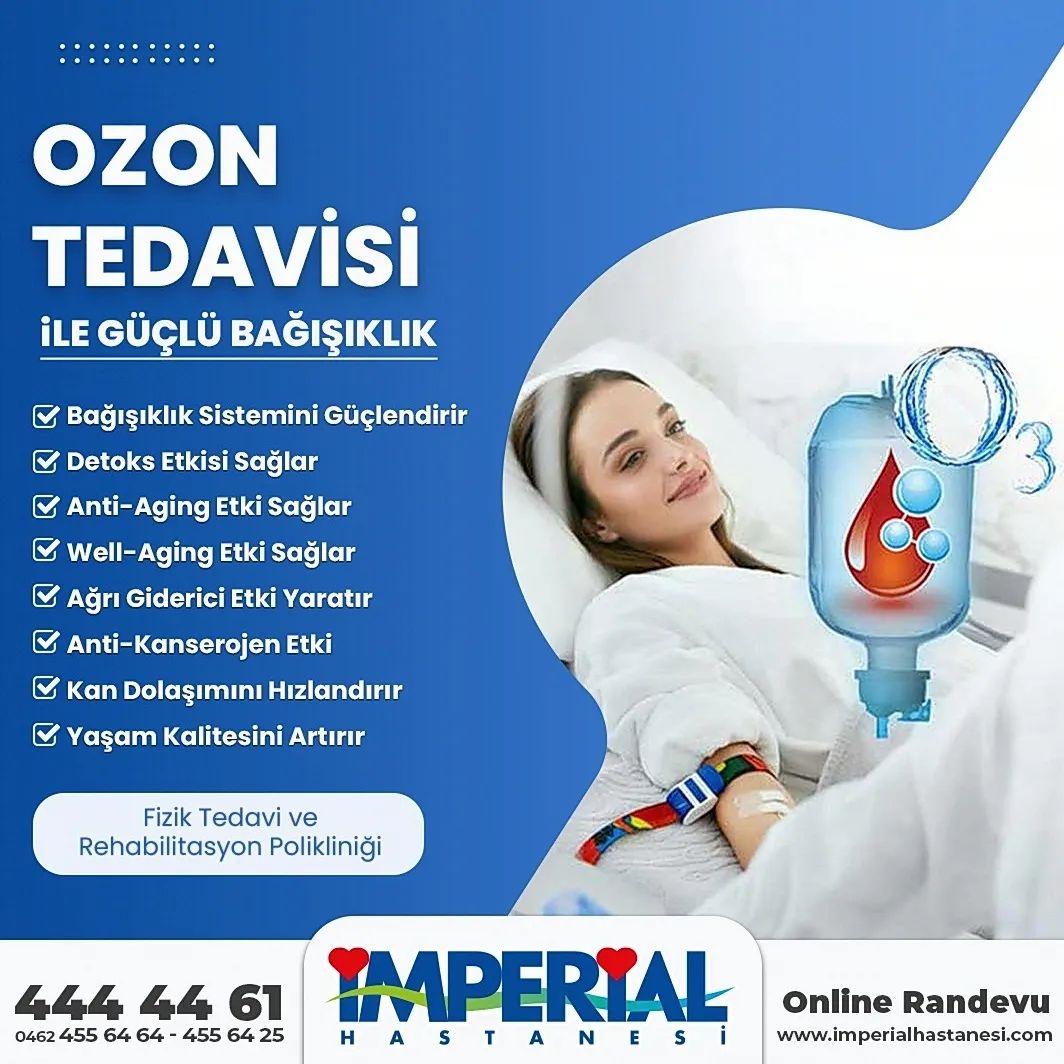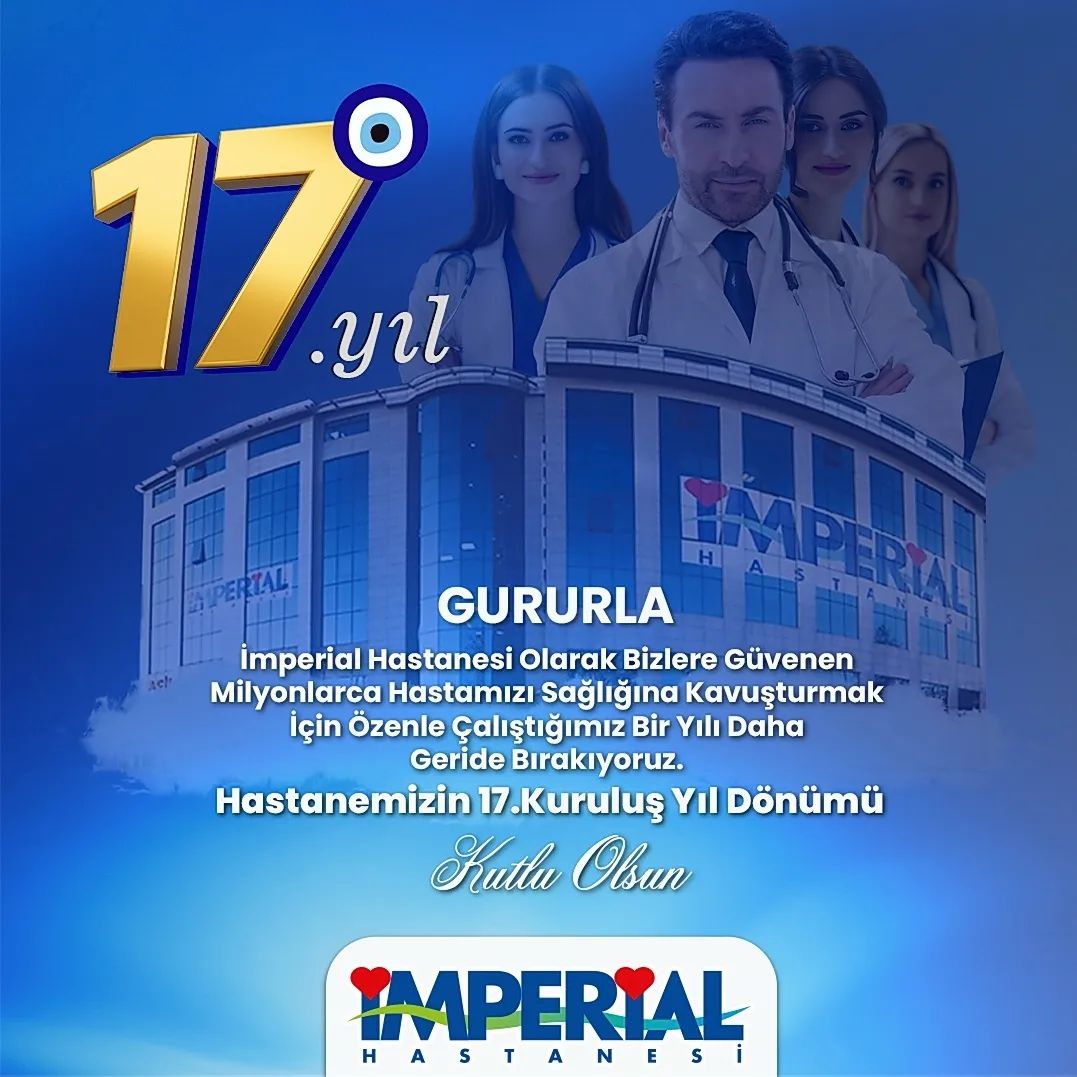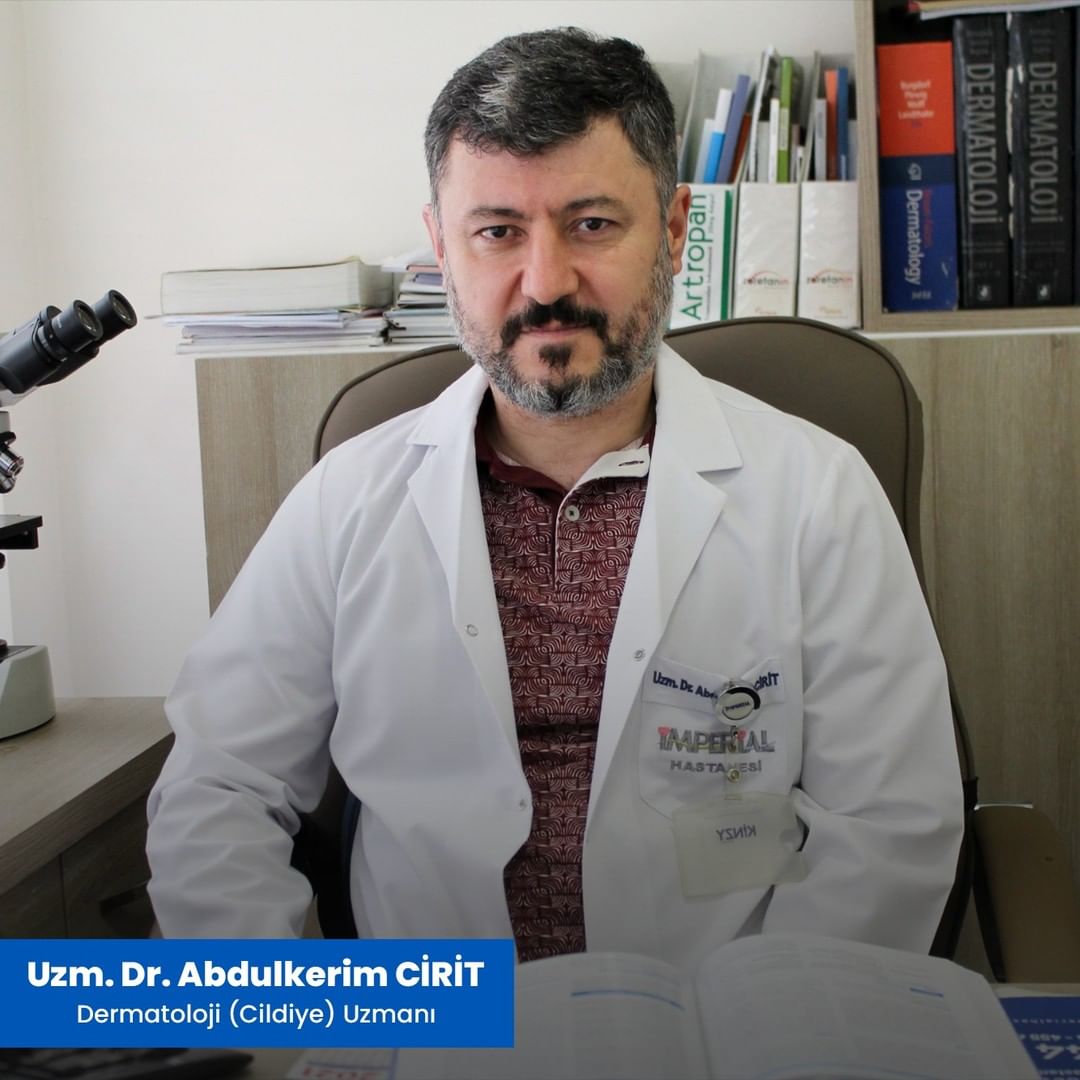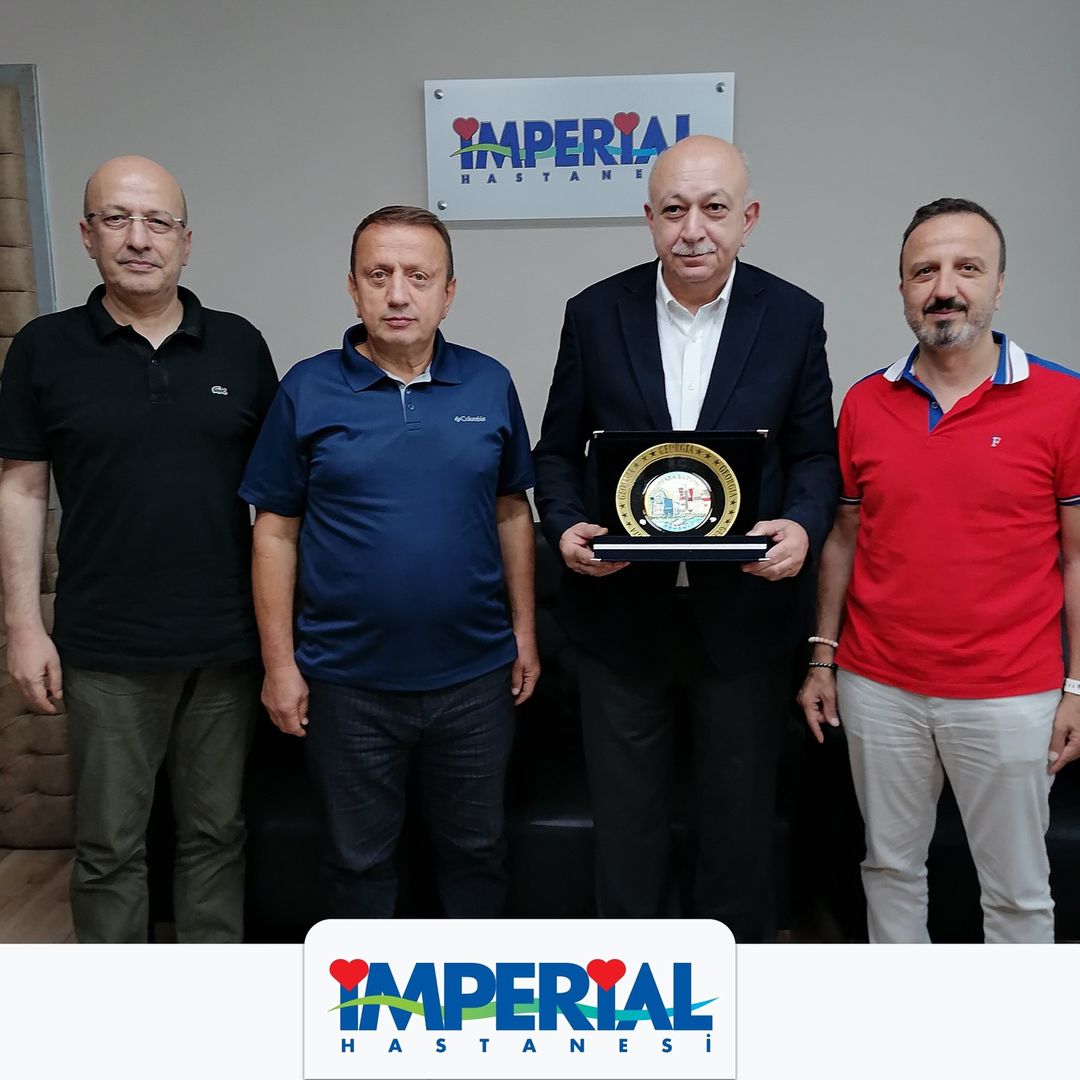Prof. Dr. Adnan Çalık: “The word cancer no longer means ‘the end’ as it used to.
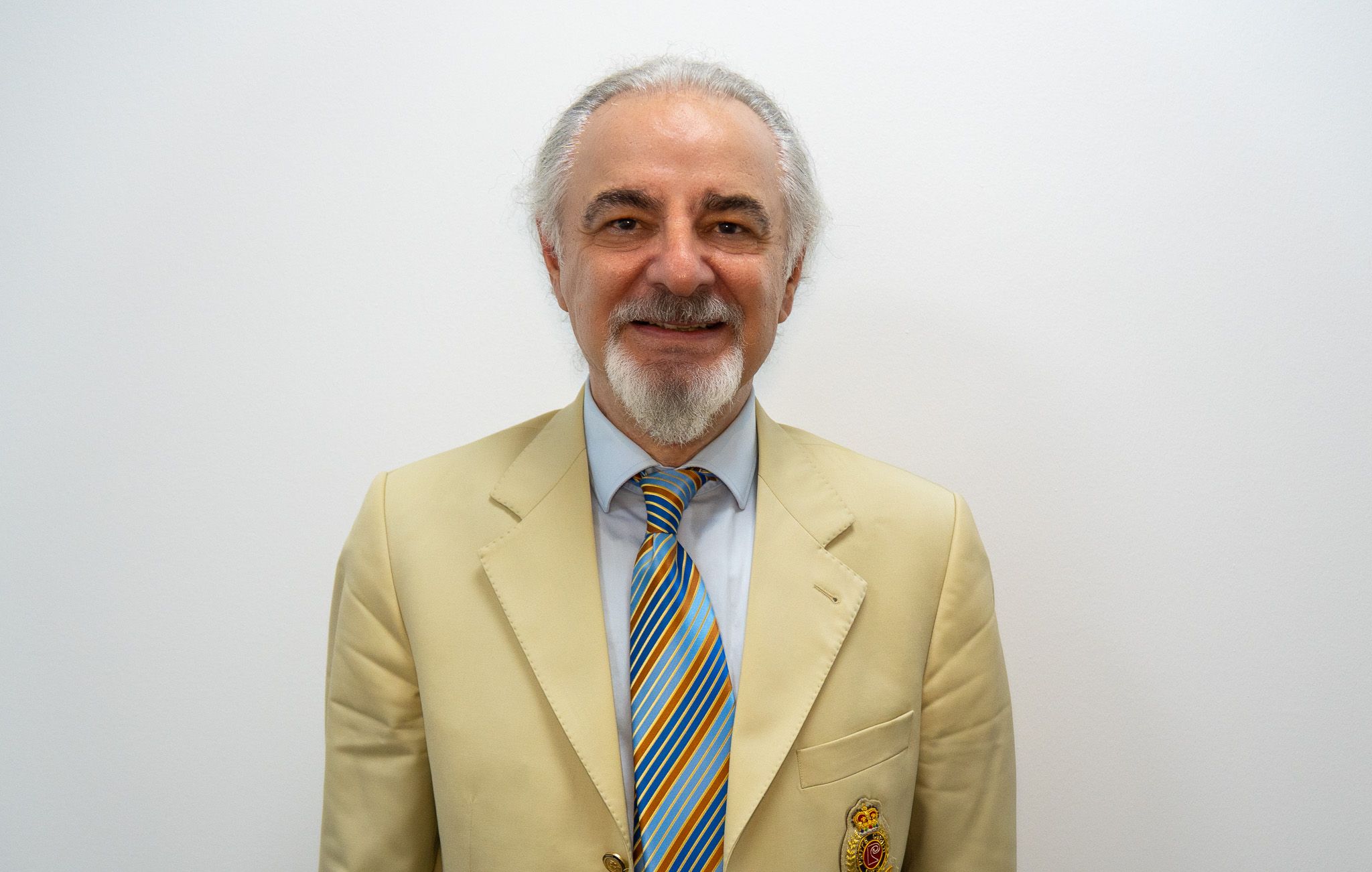
Prof. Dr. Adnan Çalık: “The word cancer no longer means ‘the end’ as it used to”
Prof. Dr. Adnan Çalık, General Surgery Specialist at Özel Imperial Hospital, stated that while treatment opportunities for many types of cancer were quite limited 30 years ago, today the survival rates for many types have increased 1.5 to 2 times.
Çalık emphasized that the success rate of cancer treatments has increased significantly over the past 30 years, saying: “Over the last 30 years (1995–2025), the success rate in cancer treatments has risen dramatically. To measure this progress, we generally use 5-year survival rates. Looking at global and Turkish data: in the 1990s, the 5-year survival rate for all cancers was about 50%. Today (2020s), it has reached 68–70%. This means an absolute increase of about 18–20% in treatment success. Early detection methods (mammography, colonoscopy, low-dose CT for lung screening), advances in surgical techniques (laparoscopic and robotic surgery), optimization of radiotherapy (IMRT, stereotactic RT), improvements in chemotherapy protocols, targeted therapies (e.g. trastuzumab for HER2-positive breast cancer), immunotherapies (checkpoint inhibitors, CAR-T cell therapies), and personalized oncology (based on genetic and molecular biomarkers) have all positively influenced cancer treatment outcomes.”
Pointing out that survival rates are now 1.5 to 2 times higher compared to 30 years ago, Çalık continued: “While treatment chances for many cancers were quite limited three decades ago, today survival rates in many types have increased 1.5 to 2 times. Particularly in breast, prostate, and hematologic cancers, there has been dramatic progress; in lung and pancreatic cancers, the increase has been more limited, but in the last 10 years, immunotherapy has led to rapid improvements. This is a very important point. The word ‘cancer’ is still widely perceived as synonymous with death in society, but this perception no longer aligns with today’s medical reality. Cancer does not always mean death. In the last 30 years, treatment success has risen dramatically. In cancers such as breast, prostate, thyroid, and skin, the 5-year survival rate has reached 85–95%. In childhood leukemia, success rates exceed 90%. In many cancers caught at an early stage, complete cure is possible.”
In some cancer types, recovery rates have become higher than even influenza
Highlighting that in some types recovery rates have even surpassed influenza, Çalık stressed that the word cancer no longer means ‘the end’: “Many cancers that were once fatal can now be controlled for long periods. Early diagnosis multiplies the chances of success. Participation in screening programs saves lives. This is especially clear in breast, colon, and cervical cancers. Treatment methods have greatly improved. With immunotherapy, targeted drugs, and minimally invasive surgery, side effects have decreased and quality of life has improved. The word cancer no longer means ‘the end’ as it once did. In some types (e.g., early-stage thyroid cancer), recovery rates have become even higher than those of influenza. Life expectancy has extended, and hope is much stronger. Today, even in some advanced-stage patients, a 5- to 10-year survival is possible—this is a revolution.”

We are here for a healthy future with our expert team. Contact us now.

